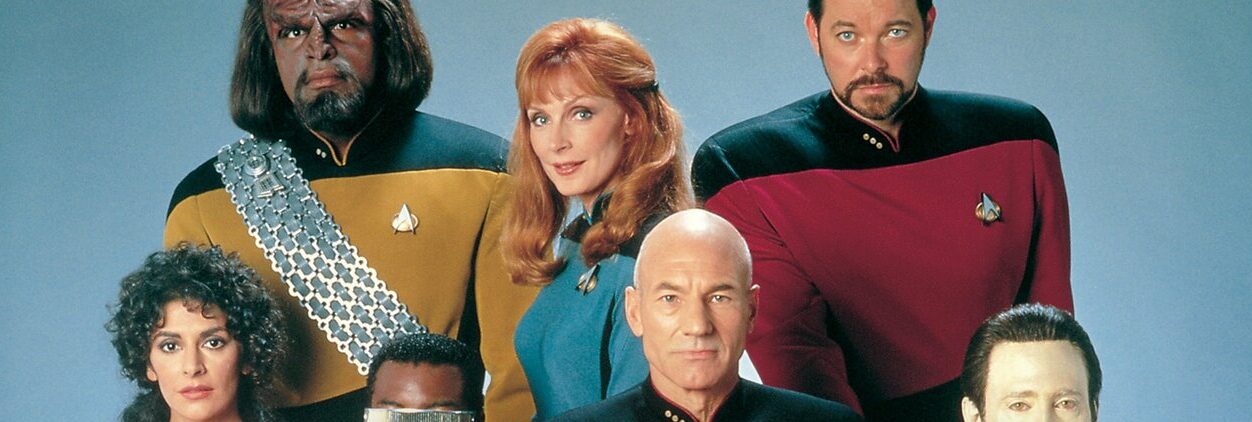Author: Does It Get Good
-

REPORT: 2025 Video Game Trends
•
The video game industry is constantly evolving, influenced by technological advancements, shifts in consumer behavior, and new forms of entertainment. As we move further into the digital age, video games are no longer simply a form of interactive entertainment but an ever-expanding cultural phenomenon that spans multiple mediums, platforms, and…
-

REPORT: 2025 TV Trends
•
The television landscape has undergone a rapid transformation in recent years, driven by technological advancements, shifting viewer preferences, and evolving business models. In 2024-2025, several trends dominate the industry, reflecting how audiences consume and engage with content. Here, we’ll explore these current trends and offer predictions about what might shape…
-

Why Are TV Seasons Getting Shorter? An Analysis
•
Over the last decade, a noticeable trend has emerged in television: seasons of TV shows are getting shorter. Long gone are the days when 22-episode seasons dominated primetime networks. Now, audiences are more accustomed to bingeing six to ten tightly crafted episodes on streaming platforms. This shift reflects broader changes…
-

What Does Seasonal Rot Mean? (With Examples)
•
The Concept of “Seasonal Rot” in Television Television shows often start with a burst of creativity, introducing engaging characters, fresh plots, and captivating themes. However, as many long-running series continue, they can fall victim to a phenomenon known as “seasonal rot.” This term refers to the decline in a show’s…
-

What Does “Mary Sue” Mean in TV? (With Examples)
•
The Origins and Evolution of the “Mary Sue” in Television The term “Mary Sue” has become a staple of pop culture discourse, often sparking debates about character development, storytelling, and gender representation in television and beyond. Originally coined in the realm of fan fiction, the phrase has grown to encompass…
-

What Are Red Herrings in TV Shows? (With Examples)
•
Television storytelling thrives on mystery, tension, and surprise. One of the most common tools writers use to create suspense and keep viewers guessing is the “red herring.” A red herring is a plot device designed to mislead or distract the audience from the truth, diverting their attention to false clues…
-

What Does “Flanderization” Mean in TV?
•
Have you ever noticed that your favorite TV character seems to grow more one-dimensional as a series progresses? A quirky trait that once added depth to their personality balloons until it dominates their entire characterization. This phenomenon is known as “Flanderization,” a term named after The Simpsons character Ned Flanders.…
-

What Happens When A TV Show Reaches 100 Episodes?
•
In the world of television, reaching 100 episodes is more than just a numerical milestone—it’s a symbolic and practical achievement that carries significant cultural and industry weight. This benchmark has long been associated with success, longevity, and a coveted place in syndication. But what exactly does it mean for a…
-

What Does “Jumping The Shark” Mean?
•
In television, there’s a term that perfectly captures the moment a show veers into decline: “jumping the shark.” A hallmark of pop culture criticism, this phrase signifies a turning point when a once-beloved series resorts to outlandish gimmicks or far-fetched storylines in an attempt to maintain its audience, often signaling…
-

What Does “Growing The Beard” Mean?
•
In the universe of television, you might have heard the term: “growing the beard.” Coined by TV aficionados, this phrase marks a significant moment in a show’s development when it transitions from merely good or mediocre into something extraordinary. It’s a phenomenon that can transform a struggling series into a…